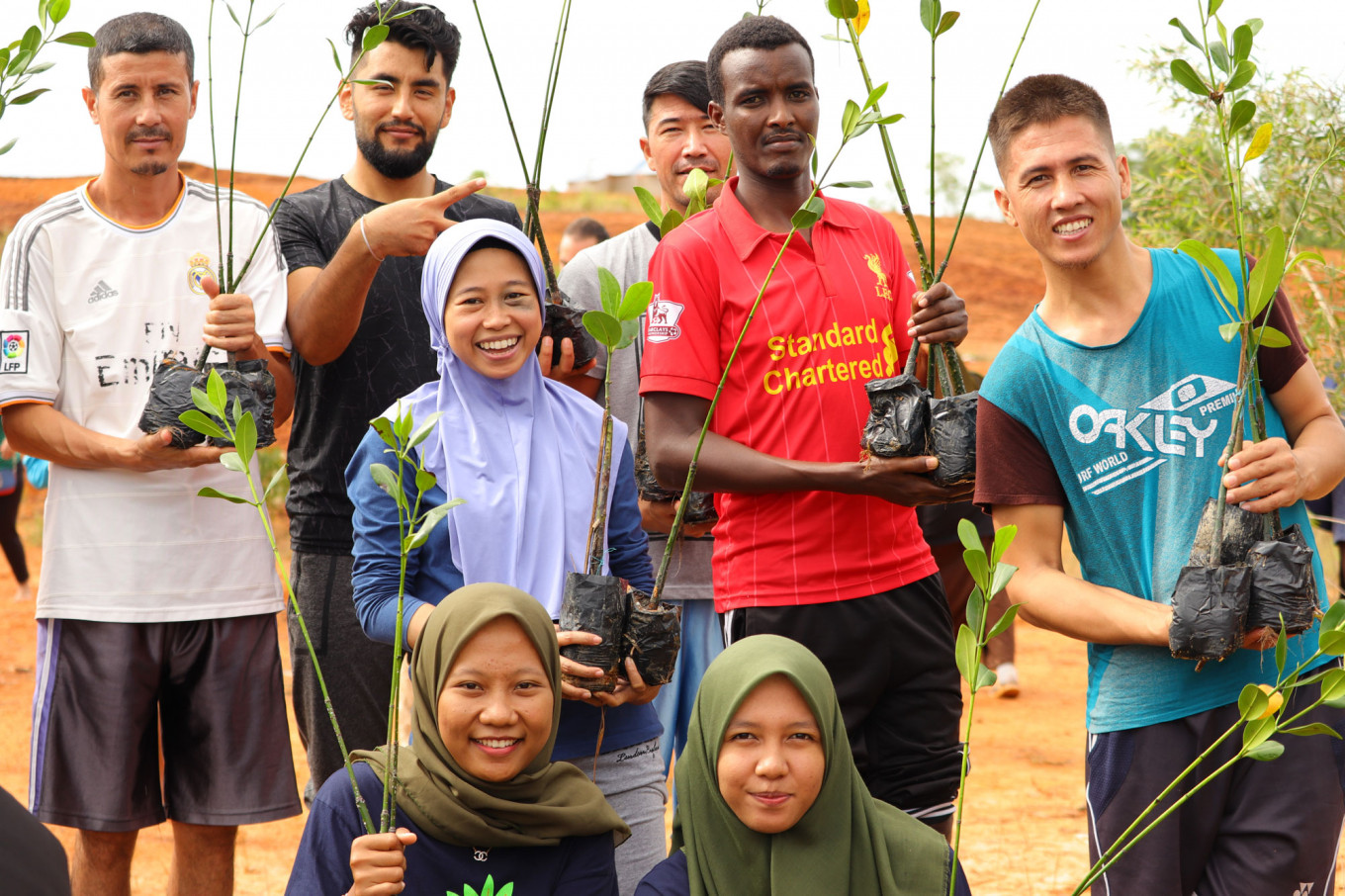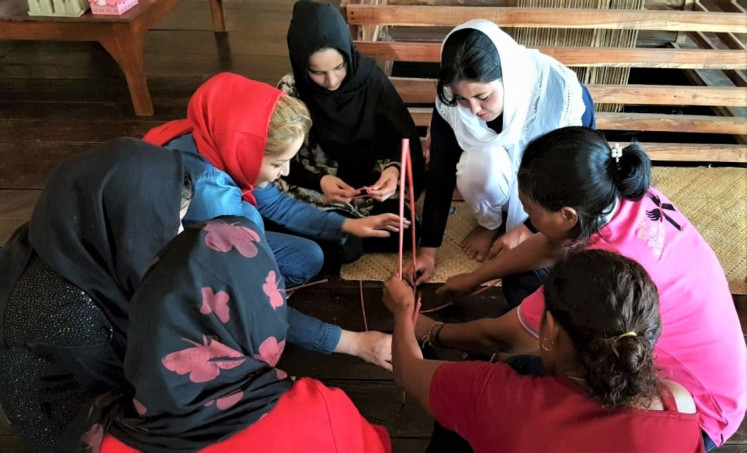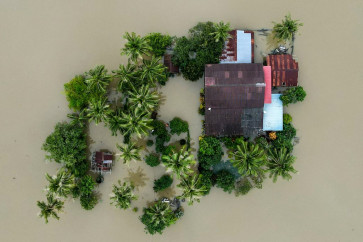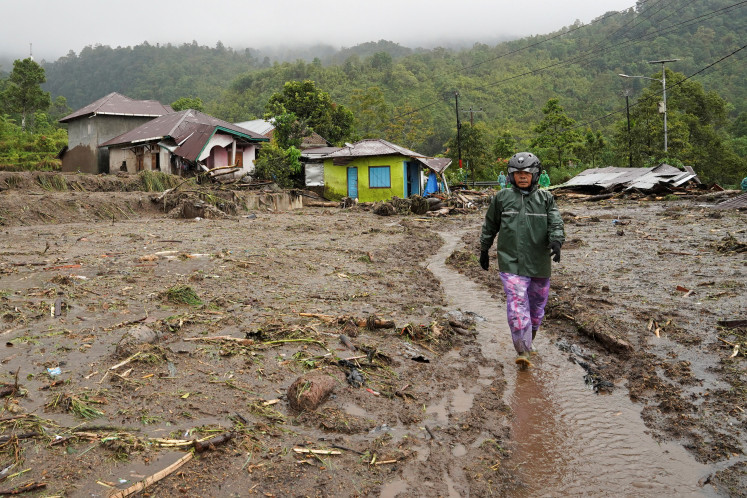Popular Reads
Top Results
Can't find what you're looking for?
View all search resultsPopular Reads
Top Results
Can't find what you're looking for?
View all search resultsBuilding empathy and understanding toward refugees in Indonesia
Change text size
Gift Premium Articles
to Anyone
T
he plight of refugees teaches us that conflict, war, violence and coercion deprive them of their human rights and impact the safety of life and mental health of the victims, who must flee their country to seek refuge and endure perilous journeys.
As a group, refugees can experience psychological stressors at every stage of their journey. When they travel to seek asylum, they are vulnerable to violence, rejection and a lack of access to basic needs. When they arrive in a transit country, they cannot work and study because of their status, and they often have to wait years for confirmation of resettlement. Then, even when they arrive in their destination country, various problems, such as unemployment, difficulty adapting, and discrimination, can affect their mental health.
Indonesia currently hosts around 13,100 refugees, extending a humanitarian hand to save and preserve the lives of those seeking protection. Some 7,200 receive services from the International Organization for Migration (IOM) in Indonesia. They are spread across eight cities and have been waiting for a long-term solution with uncertainty hanging over them ever since their arrival seven to eight years ago. Some have waited more than 10 years for a resettlement opportunity.
. (Photo courtesy : IOM Indonesia/.)Such uncertainty acts as a trigger that seriously affects the mental health of refugees. During the last two years, IOM Indonesia has recorded an increase in depression among refugees. In 2019, IOM supported access to psychiatric treatment for 261 refugees. Meanwhile, in 2020, this number grew to 271 and then to 385 in 2021. In addition, from 2020 to 2021, 655 refugees accessed counseling services, 29 of whom needed professional help following suicide attempts or acts of self-harm. Tragically, in the same period, six refugees committed suicide.
Building empathy and understanding toward refugees in Indonesia is critical in supporting refugees during their stay in Indonesia.
Several things can be done to reduce stress and improve their mental health while they wait in transit countries. First, it is important to implement sustainable empowerment programs for refugees, including opportunities to develop and channel their skills. Then, local community participation is needed to embrace refugees, which includes community institutions such as neighborhoods, schools and voluntary agencies, and help overcome cultural barriers. In addition, it is necessary for them to have access to medical services, including mental health support.
Remember, mental health affects how we think, feel and act. It also helps determine how we handle stress, relate to others and make healthy choices
Let's participate in creating an inclusive community for refugees!











